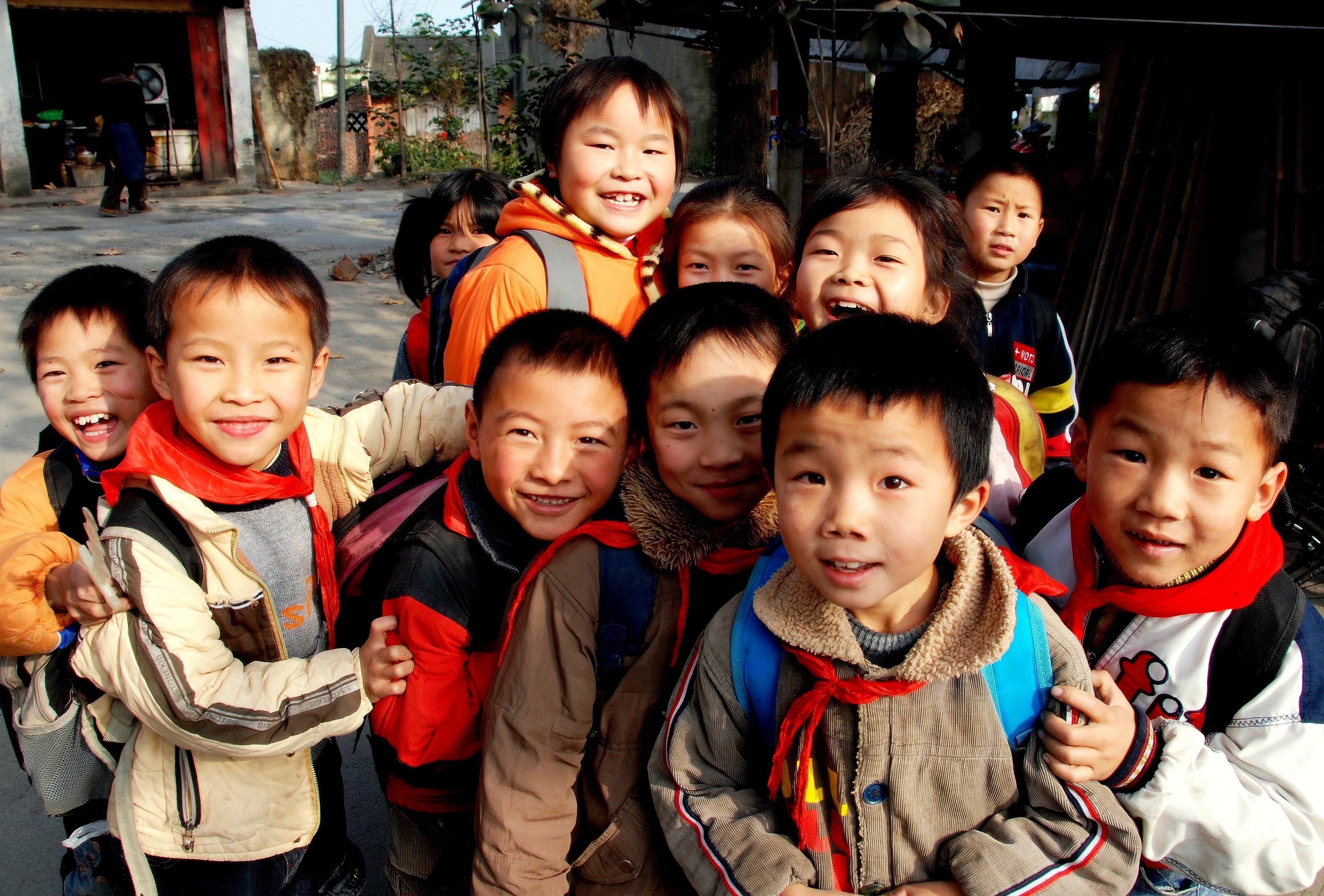News
Chinese bid farewell to one-child policy with law amended
BEIJING – Chinese lawmakers adopted an amended family planning law Sunday, a historic move allowing all couples to have two children amid efforts of balancing the country’s population structure.
“The state advocates one couple having two children,” reads the law passed at a bi-monthly session of the National People’s Congress Standing Committee that concluded on Sunday.
The new law takes effect on Jan. 1. The amendment came after the Communist Party of China (CPC) Central Committee decided in October on the universal two-child proposal.
The current family planning law took effect in 2002 to help stabilize birth rate that had decreased since the family planning policy was introduced in the 1970s. In 1980 the government started limiting most couples to one child. The grip gradually relaxed in the following decades.
For example, rural couples were allowed to have two children if the first was a girl.
In 2013, China allowed couples to have a second child if either parent was an only child.
The “one couple, one child” policy is estimated to have prevented some 400 million births, reducing pressure on resources and the environment.
Meanwhile, a number of social problems arose, mainly the decreasing labor force and aging population. Over 15 percent of the population is over 60 years old and the working-age population has started to decrease.
China has 140 million women of child-bearing age who have already raised a child. After the new law is adopted, about 90 million of them are expected to have a second child, according to Wang Pei’an, deputy head of the National Health and Family Planning Commission.
The policy will mean over 30 million more people in the labor force by 2050. The total population will increase slightly, with a peak around 1.
45 billion in 2029, Wang said, adding that the policy could increase the economic growth rate by around half a percentage point.
“Now with the new law, my wife and I are planning for another child,” said Mr. Shi, a 38-year-old company owner from east China’s Shandong Province. “My two-year-old son needs sibling.”
Experts expect no risk of a population explosion in following years because not all couples of child-bearing age are willing to have a second child, largely due to the rising cost of education and child-rearing.
But for the new law to do its job properly there must be better public services in such fields as education, healthcare, employment and insurance, said Han Xiaowu, a member of the NPC Standing Committee.
“These policies are crucial to the long-term balanced development of China’s population,” he said.






















